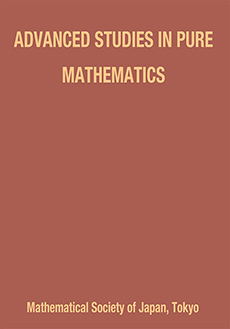Abstract
We show that any element of the identity component of the group of $C^r$ diffeomorphisms $\mathrm{Diff}_c^r (\boldsymbol{R}^n)_0$ of the $n$-dimensional Euclidean space $\boldsymbol{R}^n$ with compact support $(1 \leqq r \leqq \infty,\ r \ne n+1)$ can be written as a product of two commutators. This statement holds for the interior $M^n$ of a compact $n$-dimensional manifold which has a handle decomposition only with handles of indices not greater than $(n-1)/2$. For the group $\mathrm{Diff}^r (M)$ of $C^r$ diffeomorphisms of a compact manifold $M$, we show the following for its identity component $\mathrm{Diff}^r (M)_0$. For an even-dimensional compact manifold $M^{2m}$ with handle decomposition without handles of the middle index $m$, any element of $\mathrm{Diff}^r (M^{2m})_0$ $(1 \leqq r \leqq \infty,\ r \ne 2m+1)$ can be written as a product of four commutators. For an odd-dimensional compact manifold $M^{2m+1}$, any element of $\mathrm{Diff}^r (M^{2m+1})_0$ $(1 \leqq r \leqq \infty,\ r \ne 2m+2)$ can be written as a product of six commutators.
Information
Digital Object Identifier: 10.2969/aspm/05210505


